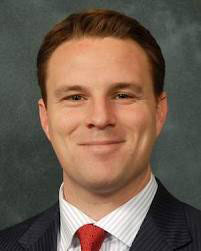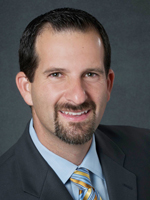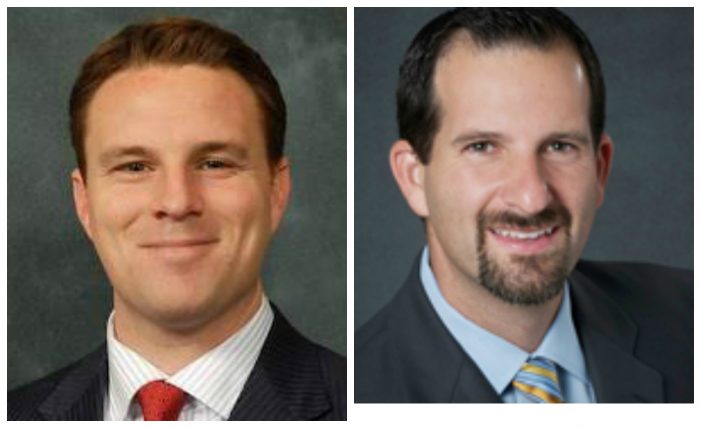Aha! So, now it seems there may be a reason why Florida House Speaker Will Weatherford (R-Wesley Chapel) was so aggressive against the Republican that challenged State Rep. Michael Bileca (R-Pinecrest) in the primary last year.

Maybe Weatherford needed Bileca’s vote on the Citizens Property Insurance thing.
The Miami Herald, using records obtained by the Florida Center for Investigative Reporting (kudos to reporter Steve Miller), disclosed Friday that the speaker is a founding member and former director of a Texas company that since 2008 has received almost $830,000 from Florida’s state-run insurance company.
Last year, Weatherford called a little known Republican challenger to Bileca, teacher Eugene “Gino” Perez, on the deadline day to qualify and urged him to get out of the race. Strongly urged him.
“He told me he would raise $1,000,000 against me if he had to,” Perez told me. “Maybe this is why.”

Bileca — as well as State Reps. Carlos Trujillo and Jose Felix “One More Pepe” Diaz — ended up voting in favor of SB 408 in 2012, which led to higher rates for sinkhole coverage. This year, a bill that would have limited Citizens Property Insurance Corporation ability to sell plans to other insurers died on third reading.
Of course, Bileca’s only voted no once in his entire political career, according to Project Vote Smart, and that was for the State Senate redistricting plan.
Weatherford — who never disclosed his and his wife Courtney’s relationship with U.S. Cat Adjusters, which has been a Mt. Pleasant, Texas-based contractor for Citizens Property Insurance for five years — told reporters in an emailed response that he has not made one dime off the company. His wife,, however, does own a small interest.
If that sounds wrong to you, you’re not alone.
There would be an issue, for example, if Weatherford owns stock in the company, Lance deHaven-Smith, a professor of public administration and policy at the University of South Florida, told the investigative center reporter, Steve Miller.
Or maybe his wife?
“He would have to have an interest beyond sitting on the board. He’s not doing this as charity,” deHaven-Smith told Miller. “What is being raised here is the possibility of a rather obscure but significant conflict of interest that would be hard to track and hard to know if there are violations of the spirit of the law.”
So, then, what happens now?

